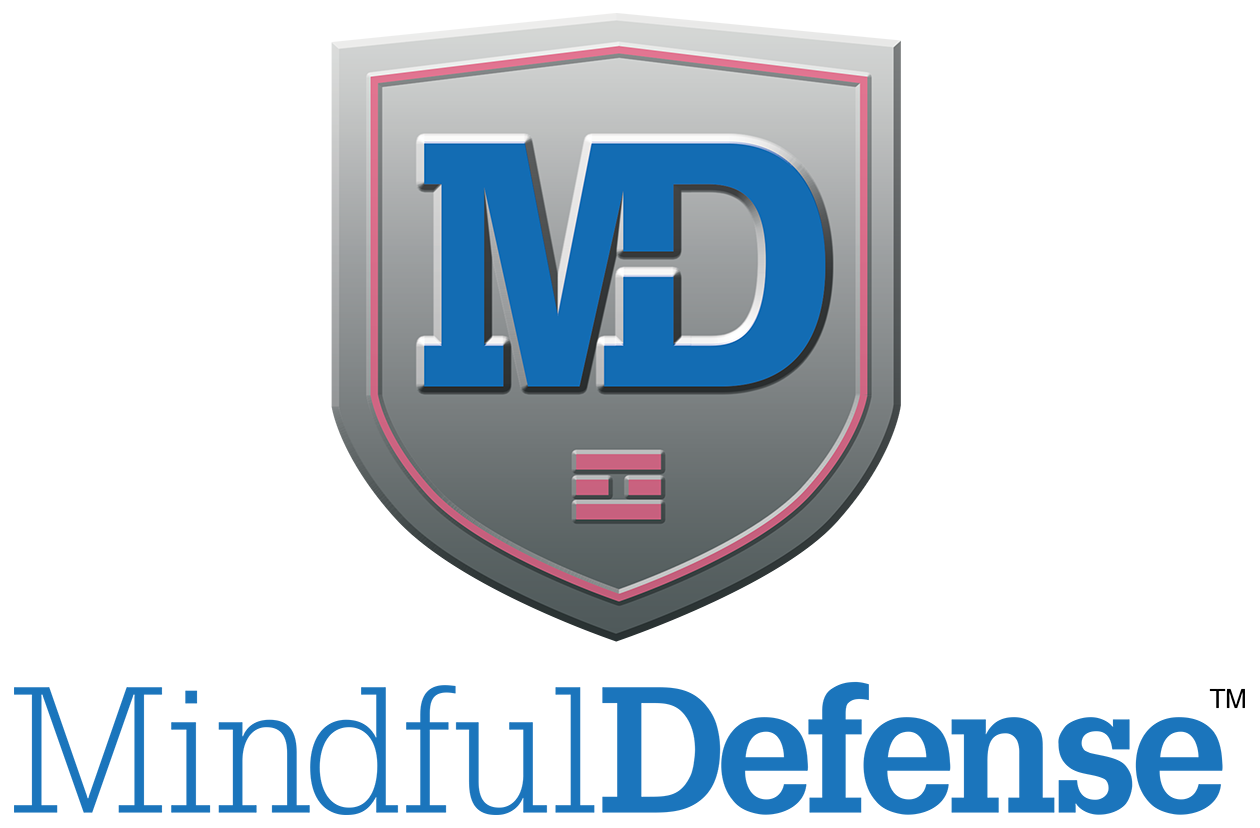Self-defense has a serious implication. The term implies that you are on the defense, reacting to someone’s aggression towards you. By definition, you are at a disadvantage. It is always slower to react than to pro act. If you are reacting you are not in control. A well-planned offense is always better than a defense. Offense does not mean that you’re attacking people at will. Rather, you are proactive in implementing a plan, diffusing situations and avoiding confrontations.
There are many reasons why you need to be on the offense at all times, actively identifying and diffusing potential threats before they become harmful. A few things advantages of being proactive are as follows:
- Minimize Unknowns: It is extremely difficult to anticipate and deal with the dynamics of a situation you do not control. You must have the ability to determine the intent of others by familiarizing yourself with pre-attack indicators. Once you identify something as a threat, take control. From that point on you’re in control of the situation. You determine what happens next.
- Mitigate Fear: Fear can be paralyzing. You must not let it overtake your ability to prevail. Unknowns cause fear and hesitation. The best way to mitigate fear is execute a well-planned offense where unknowns are minimized and the situation is unfolding on your terms. Let’s use the example of a stranger approaching you fast and hard. The hair is standing up on the back your neck and you know something is not right. But when do you take action? This person has done no harm and you’re not sure of the intent. Well, you can’t wait until the individual is too close. You must take control. Tell the person to stop and that you are in fear. If they keep approaching, present a force multiplier and tell them that if they don’t stop you will use it. If the person continues to approach, you now know their intent and are in a position to stop them. You are in charge. You are on the offense.
- Proactive vs. Reactive: Reacting is always slower than pro-acting. Think about the steps that must take place before you can formulate a response to a stimulus. You must perceive a threat, process it in your brain, process a response, signal your body to take action and then execute. In a confrontation, a fraction of a second counts. Make sure you adversary is reacting, not you.
- Execute a Plan: The most effective offenses are rooted in training, mindset and plans that have been rehearsed many times. Analyze your daily routine, the environments you frequent and try to anticipate threats you could face. Put together plans to deal with these threats. Work your plan until it becomes second nature.
In summary, when a threat presents itself, don’t get overwhelmed with what the threat is going to do to you. Rather, immediately execute your plan and focus your energy on what you are going to do to that threat. You are in charge.

